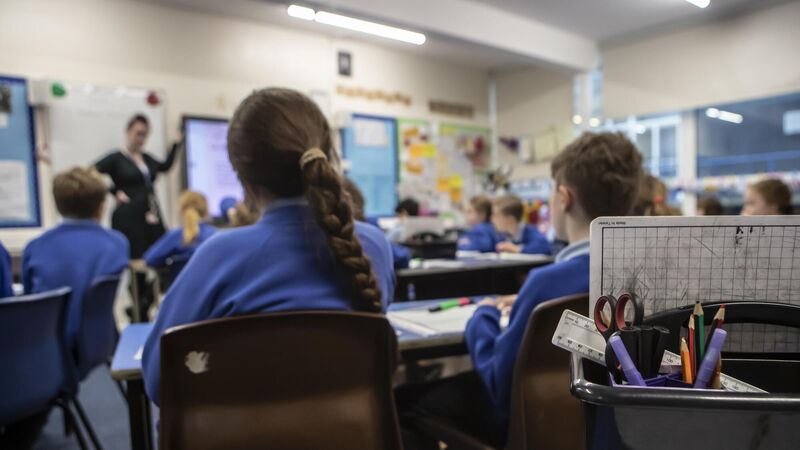Body in charge of curriculum hits back at claims it is introducing 'divisive ideologies' in primary schools

Senator Eileen Flynn asked the NCCA what could be done to counter misinformation currently being spread about sex education.
The national body in charge of developing the curriculum has defended the level of consultation it had with parents following claims it is introducing “divisive ideologies” to primary schools.
The National Council for Curriculum and Assessment (NCCA) appeared before the Oireachtas education committee on Tuesday to discuss the primary school curriculum. It is currently under review and redevelopment and went through public consultation in 2020 and 2022.










